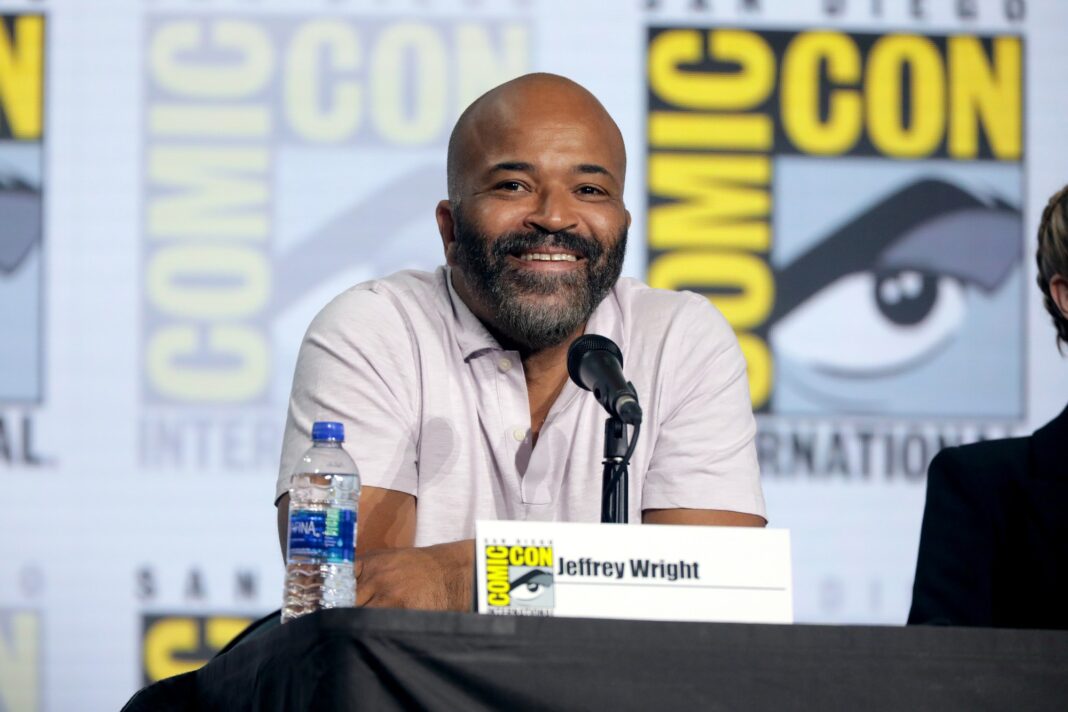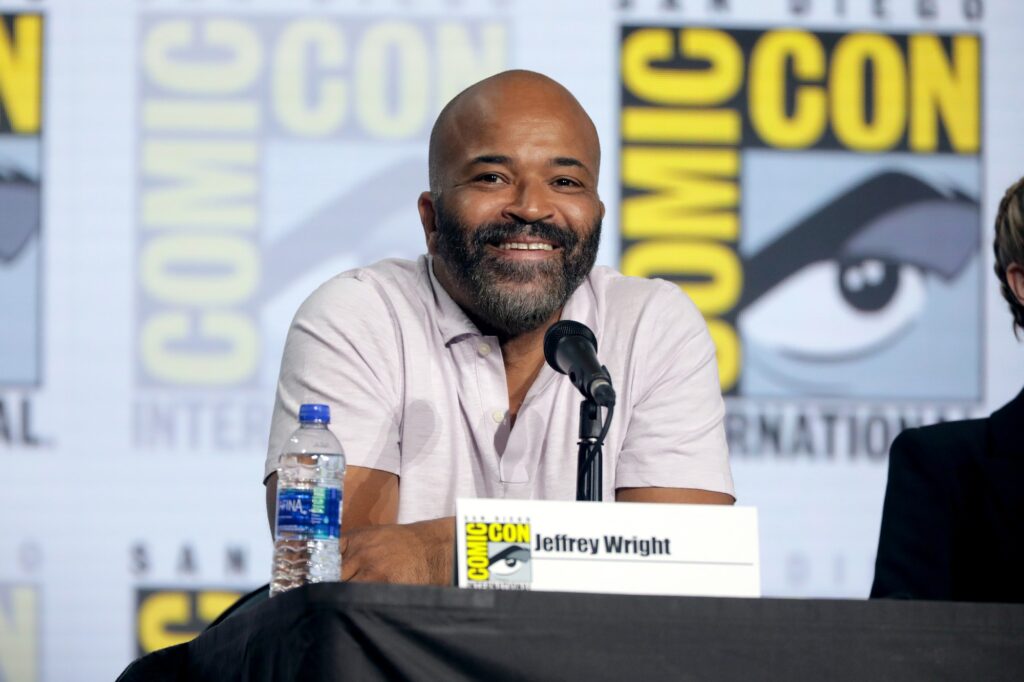

The issue of diverse representation in film is what director Cord Jefferson tackles in his debut feature film, “American Fiction,” released on Sep. 8, 2023.
In the two-hour film, writer Thelonious “Monk” Ellison (Jeffrey Wright) has been told by his publisher that his writing isn’t “Black enough” and finds himself frustrated by the current publishing world.
As an act of rebellion, he writes a parody novel under a pseudonym that uses common stereotypes attached to Black culture in the U.S. — but instead of receiving hate, he becomes the next new up-and-coming writer, starting a web of lies for our protagonist that he must untangle.
Through Monk, the audience gets to question this corporate representation that he’s fighting back against. He acts as the audience’s surrogate, questioning how certain groups of people are placed into boxes so companies can profit off of false acceptance.
Biased in his own ways, however, Monk is forced to confront these assumptions through his relationships with others. As his close family and friends react to both his work and his actions toward them, he starts questioning his own perspective, creating a relationship between the literature he’s creating and his personal life.
Wright’s notable performance as the curmudgeonly professor grabs the heart of the audience. His romantic interest, portrayed by Erika Alexander, keeps up intellectually with Wright and weaves a mature chemistry between their characters.
Along with the leads, the film is wonderfully propped up by its supporting characters, specifically Sterling K. Brown as Clifford Ellison, Monk’s brother, and Adam Brody as Wiley, a producer interested in developing Monk’s book into a movie.
Brown gives a scene-stealing performance as he goes head to head with Monk. His carefree attitude directly contrasts Monk’s more stiff repression. Similarly, Brody provides a foil to Monk as he seems unaware of the larger institutional problems that exist, whereas Monk is entirely preoccupied by these ideas.
The script balances a wonderful line between comedy and heartfelt tones. Monk experiences his fair share of tragedies, but never feels entirely weighed down by them. Instead, his pain is always shaped by some type of humor found inside of it.
Breaking the fourth wall, the film ends by expanding the text, creating a new reading and context for the audience as they experience it.
Cord Jefferson creates a world in “American Fiction” that’s both honest and amusing as it tackles real life issues relevant to society at large.
Rating: 4.25/5






